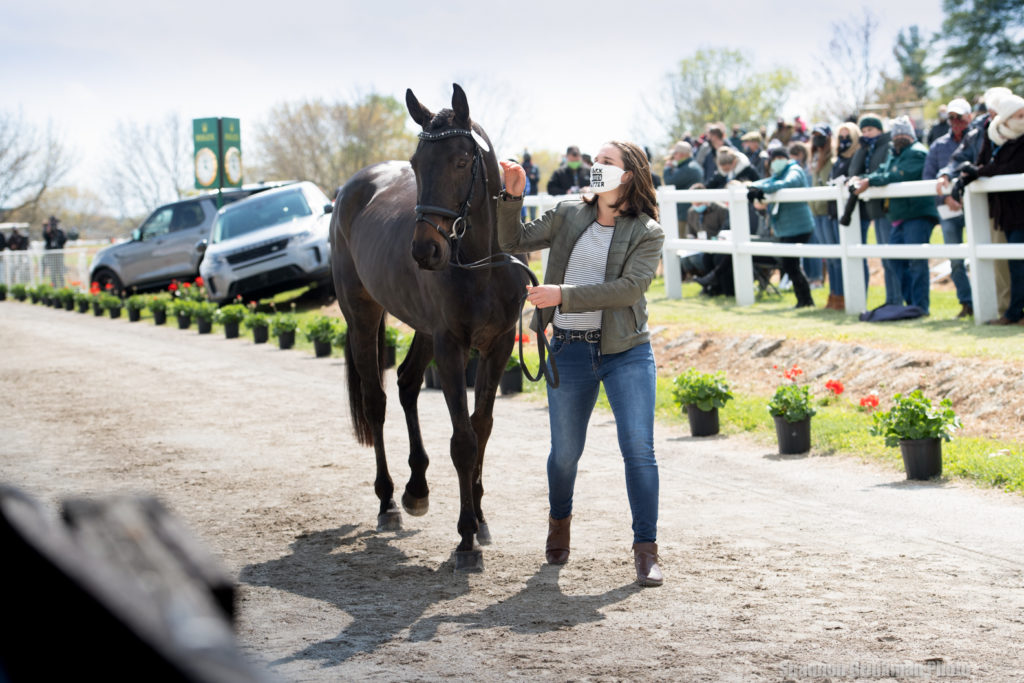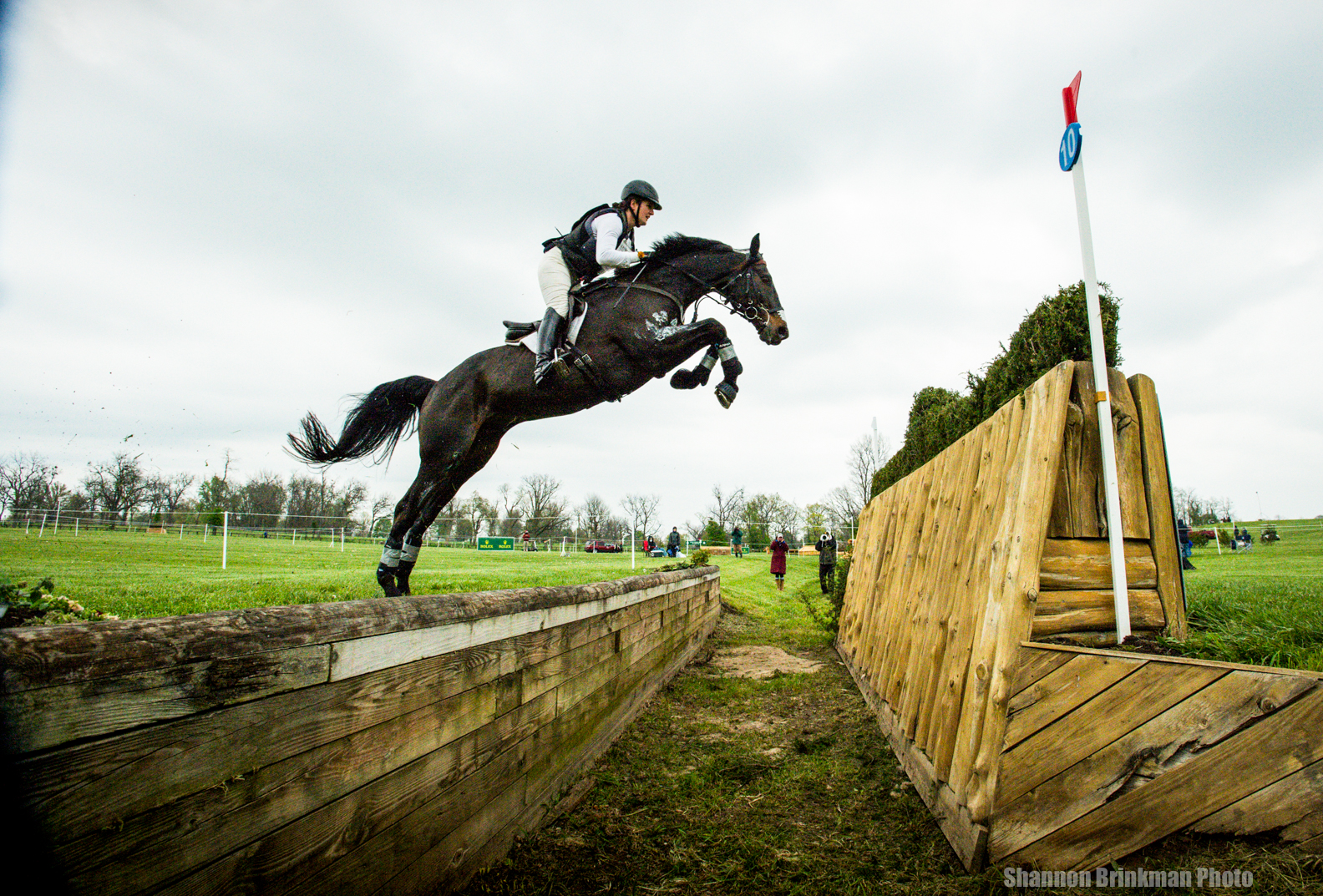I was preparing for the Kentucky 5* last April. It was the final serious school for me and my horse. I was lucky enough to do this final preparation in a lesson with Boyd Martin, a top eventing rider who helps me from time to time. Everything went fairly well; the horse felt confident and we did all of the practice exercises quite easily.
I asked Boyd for his advice heading into my first 5* competition. What he said surprised me a little, and since then I have understood it more and more. He said:
“You need to have very good preparation leading up to the show, but when it comes down to it, you have to ride really well on the day.”
What he meant was that it wouldn’t matter that I rode well in this lesson, or in the preparatory shows before Kentucky, if I rode like a monkey when it came time to those 11 minutes on course in the spotlight. That was not the time to simply cross my fingers that my training was good enough and hope that my horse would carry me around. The course would be too hard, the questions too complex. We needed to execute the course as a team, and that meant I had to be present, sharp, communicative, and confident.
He didn’t say that it was necessary to ride perfectly; he said it was necessary to ride really well. That meant that I could make small mistakes, but not very many. I used his advice when I was heading “into battle” (or at least it felt that way) on the cross country course at Kentucky, and it served me well. I was nervous as hell but I knew I needed to focus, and my horse was fantastic. I believe he jumped well, but I also think that I rode well. And that made a difference.
 Ema and Bendigo at the Land Rover Kentucky 5* this year. Photo Credit Shannon Brinkman
Ema and Bendigo at the Land Rover Kentucky 5* this year. Photo Credit Shannon Brinkman
I also used Boyd’s advice when I was heading into another battle: my final exams last week. I studied more than I ever have in my life: it felt like the equivalent of riding a dozen horses a day, seven days a week, except I was in front of a computer reading dozens of cases, writing pages of notes, and flipping through flashcards until my mind felt numb. Everyone else in my class was doing the exact same thing. (Unlike in undergrad, where I felt that not everyone studied seriously, in law school people are much more professionally focused and you can assume that everyone is putting in several hours of study each day.)
I knew that not only did I have to study a lot: to do well, I would have to think and write well on the day. It wouldn’t matter how well my preparation went if I performed badly for the three hours of the exam. No professor would know how many hours I put in beforehand: the proof had to be in the pudding, and that requires extreme focus during those three hours, just like the course in Kentucky had required my extreme focus for those eleven minutes. I was experiencing a weird feeling, like: I have been here before; this is familiar territory. Who knew that a lesson with a horse rider could help you in law school.
I don’t yet know how I did on my final exams. However, I think that my ability to think under pressure, which I developed(and hope to continue to develop) by riding at a high level, probably helped me execute well on the day. Sure, I felt nervous and jumpy and twitchy before the tests began. I felt like a horse in the warm up, on edge but ready.
The lessons horses teach us should not be ignored in other areas of our lives. In this case, it was Boyd’s idea that we have to both trust our training and ride well on the day. I had to trust that I had studied the material and I had to think and write well on the day of the exam. There are always things that can go wrong, and we do not need to hold ourselves to the standard of perfection, but riding and writing well in those critical moments—in the moments that matter—are skills worth trying to master.

